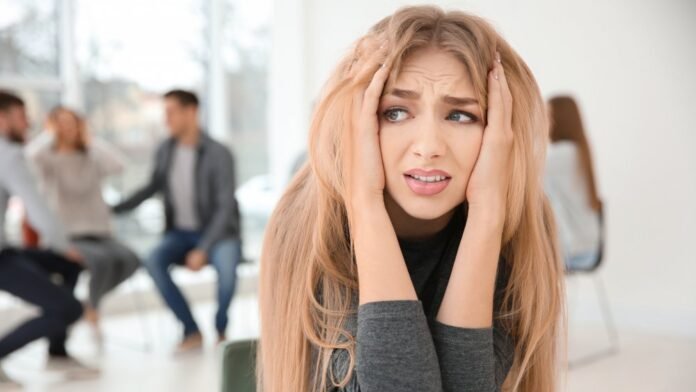Is Social Anxiety on the Rise?
In recent years, social anxiety has become a widely discussed topic, with many people reporting increased feelings of discomfort in social situations. But why does it feel like everyone has social anxiety now? Is this a real mental health crisis, or are we simply more aware of it?
Key Factors Contributing to Rising Social Anxiety
- Post-Pandemic Social Reintegration
- After years of social distancing and remote interactions, many people struggle with face-to-face communication.
- The shift back to in-person work, school, and gatherings has left some feeling socially rusty.
- Social Media & Digital Communication
- Constant comparison culture on platforms like Instagram and TikTok fuels self-doubt.
- Online interactions replace real-life social skills, making in-person conversations feel more daunting.
- Economic & Societal Pressures
- Financial instability, job market stress, and global uncertainty contribute to chronic anxiety.
- The pressure to “perform” socially (e.g., networking, dating) can be overwhelming.
- Increased Mental Health Awareness
- More people are recognizing and diagnosing their social anxiety symptoms.
- Reduced stigma means open discussions about mental health are more common.
Do We All Need to “Get a Grip”?
While some argue that society has become overly sensitive, mental health experts emphasize that social anxiety disorder (SAD) is a real and debilitating condition. However, mild social discomfort may improve with:
- Gradual exposure therapy (pushing comfort zones slowly)
- Mindfulness & relaxation techniques (deep breathing, meditation)
- Reducing social media consumption
- Seeking professional therapy (CBT is highly effective for anxiety)
When Should You Seek Help?
If social anxiety interferes with daily life—avoiding work, school, or relationships—it may be time to consult a mental health professional. Treatment options include:
✔ Cognitive Behavioral Therapy (CBT)
✔ Medication (in severe cases)
✔ Support groups & community programs
Final Thoughts
While social anxiety feels more prevalent today, it’s not just “in our heads”—it’s a response to modern stressors. The key is finding a balance between self-compassion and proactive coping strategies.




